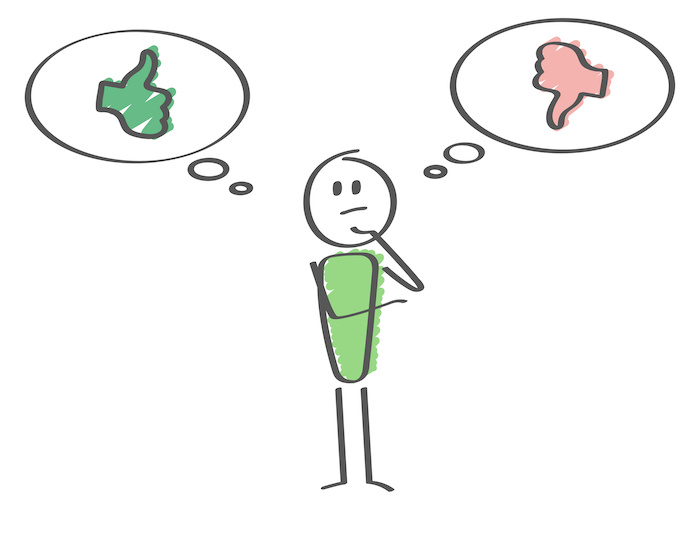7 Common False Beliefs About Relationships

7 Common False Beliefs About Relationships
- Sharing your feelings with others will make you look weak.
- It’s best not to fight if you want to have a good relationship.
- Sharing your feelings or troubles with another person burdens them.
- Talking about a problem isn’t helpful. Only action solves a problem.
- Sharing your feelings or troubles with another person will chase them away.
- Letting others see your weaknesses puts you at a disadvantage.
- If you let other people see how you feel, they will use it against you.
As you read the list of beliefs above, did any jump out at you? Was there one, or two, or more, that you thought, “Hey, that one’s not false!”?
If so, you are not alone. Many, many people go through their lives following some or all of these guidelines. And many, many people are held back by them. These beliefs have the power to keep you at an emotional distance from others, damage your friendships and marriage, and leave you feeling alone in the world.
The beliefs are typically rooted in your childhood. They are often messages passed down from one generation to another. They take root in your mind and live there, sometimes outside of your awareness.
How Childhood Emotional Neglect Teaches You the False Beliefs
These ideas tend to thrive in any family that struggles with emotions, either by over or under-expressing it. They’re so common among folks who grew up with Childhood Emotional Neglect (CEN) that they’re included in my book, Running on Empty. All of the beliefs are based on false notions of how emotions work.
If you grew up in a family that didn’t understand how to manage, express or talk about emotion, you probably didn’t learn how and when to share or be vulnerable. You may have learned that it’s actually wrong to communicate about these things.
And chances are some of the 7 beliefs were communicated to you, either directly or indirectly.
The 7 False Beliefs Made True
- Letting people see your feelings usually makes them like you more. It also fosters intimacy.
- The hallmark of a strong, healthy relationship or friendship is the ability to have a conflict, process it together, and work through it together. In fact, fighting is often a sign of closeness.
- Sharing your feelings or troubles with the right person at the right time does not burden them. It increases warmth and caring from the other person.
- Talking about a problem with a well-chosen person can help you get perspective, feel less burdened, sort out your feelings and thoughts, and sometimes even provide solutions
- Sharing your feelings or troubles with the right person will make him/her feel closer to you.
- Letting another person see your weakness does not put you at a disadvantage unless the other person is the type of person to take advantage of you. Be aware of who you’re letting in. The huge majority of people will not take advantage.
- If you let someone see how you feel, they will know and understand you better, and that’s a good thing. The only exception to this is if they are actively trying to hurt you. Generally, if there are people like this in your life, you know who they are. Do not share with them.
How To Change Your Beliefs From False to True
- Choose your people carefully. Take care who you choose to open your heart to, as either a friend or lover. Focus on integrity, trust, and care. Pay attention to the other person’s intentions. None of the True Beliefs apply if the person is not trustworthy.
- Timing is everything. We all underestimate the importance of timing. Choose your moment, taking into account the other person’s mood, needs, and situation. The same message can have a very different impact given at the wrong time vs. the right one.
- Take chances. There is no intimacy without vulnerability. To change these beliefs, you will have to put yourself in uncomfortable situations.
- The Costanza Experiment (Taken from the book Running on Empty): Remember the Seinfeld episode when George decided to go through an entire week doing the opposite of what he would normally do? (If you’re under 40, you may not have seen this, but the concept will still work for you.) For you, this would mean doing the opposite of what you would normally do when it comes to sharing your feelings. Tell your friend about your work worries instead of keeping them to yourself; share your financial stress with your brother instead of pretending everything’s fine; fight it out with your husband and wife instead of avoiding conflict.
Take a chance, and see what happens. The False Beliefs will start to melt away as you begin to experience the value of trust, openness, and closeness. Your relationships will thrive, and a whole new world will open up to you.
To learn more about emotions, relationships, and Childhood Emotional Neglect (CEN) see the books Running On Empty: Overcome Your Childhood Emotional Neglect and Running On Empty No More: Transform Your Relationships.
